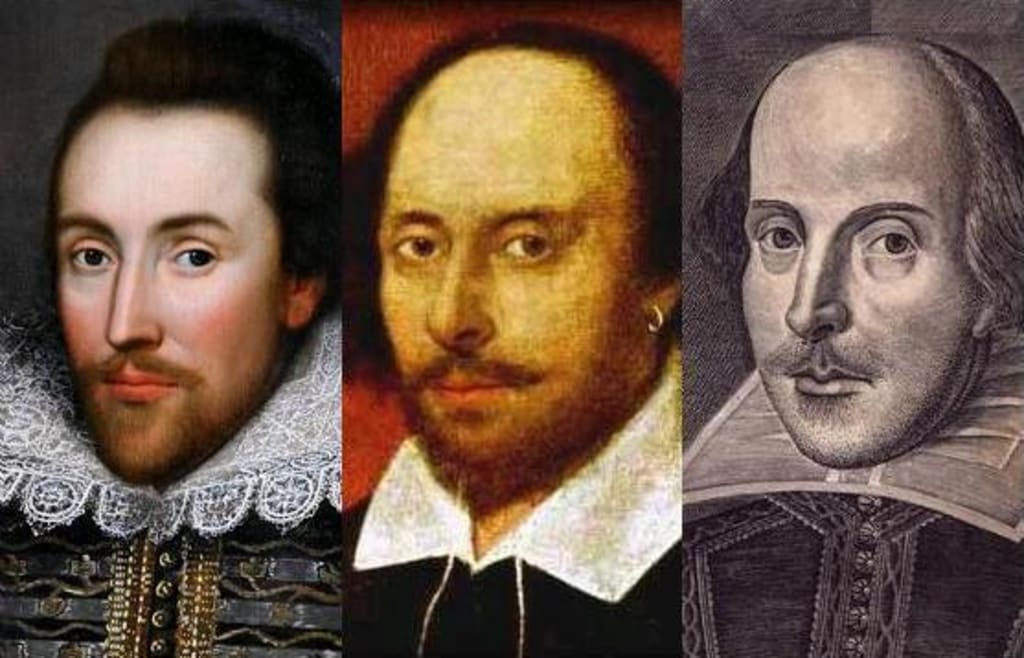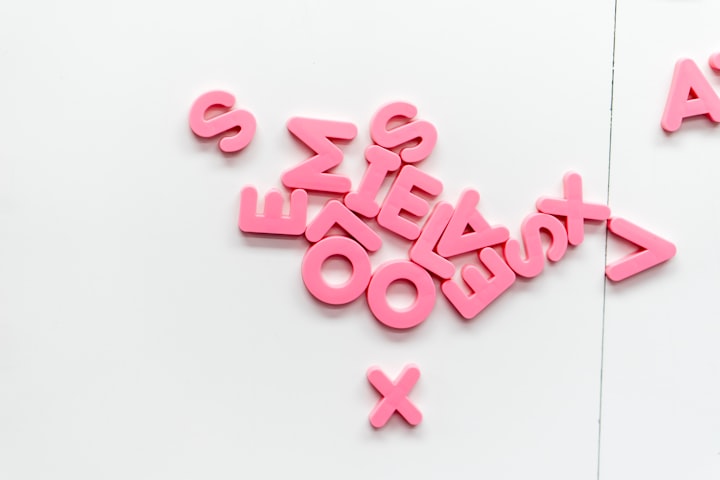7 Words Created By Shakespeare
To be or not to be

When a language forms, it is generally the effort of an entire population. It's a group of scholars or politicians determining what everything should be called and the phonemes they should use. It happens naturally--and never really stops. Every year new words enter our lexicon and our dictionary. In 2022, the words like "copypasta" and "amirite" officially made it on the pages of our dictionaries.
This year the term "rizz" shortened from "charisma" has emerged within our broader culture. The word has existed since 2021, but was not widely used until 2023.
With this in mind, it is astounding to think that one person could profoundly impact a language beyond creating a word or two. Even groups of linguists and language experts make decisions about the word of the year and the words that get added to the dictionary based on common usage and observation.
However, William Shakespeare--arguably the most famous writer in the English language--created several words (and names) we continue to use every day. Technically, modern English was not in use during Shakespeare's time, but rather a bridge between Middle English and Modern English.
This is why Shakespeare may seem unapproachable and difficult to the average high school student, but can still be widely read and understood by English speakers over 400 years later. This formative time for the language brought in several words from Latin-derived romance languages which mixed with the Germanic and Norse influences from earlier in the development of the language.
When the printing press was invented and became commonly used, English --again--began to shift. It also helped standardize the language. With English in a transitional stage and at a time of great content in England, the setting was perfect for William Shakespeare to create literature that would have arguably as much influence on Modern English as the printing press.
Let's look at some of the words we use today that we can trace their origin back to Shakespeare. (Note: These are widely attributed to Shakespeare. However, word origins with a long history of usage can rarely be 100% confirmed.)
#1: Bedroom
From A Midsummer Night's Dream, Act 2 Scene 2
At the time, they were more likely to be called "bedchambers" or "sleep spaces." (source)
#2: Fashionable
From Troilus and Cressida, Act 3 Scene 3
It was common at the time to add the suffix -able (deriving from Latin) and combine it with either native English words or other Latin words to create adjectives. We can still see this today in English where a native speaker may add -ed to a word to make a verb or adjective in lieu of additional words.
For example, "The bespectacled man..." refers to a man wearing glasses, but uses a combination of the noun "spectacles" and an -ed suffix (be is carried over from verbs) to create an adjective. It can even be more creative. In the right context, one could be "mac and cheesed." This is also done with prefixes such as "un" and "in/im."
#3: Gossip
From The Comedy of Errors, Act 5 Scene 1
At one point in Old English, a similar word/early forms of the word referred to a woman's close friend (also a woman) after one has a baby. The word originally denoted a strong bond between two female friends (source). Considering gossiping is often considered something female friends do, I can see how Shakespeare corrupted the word to have a more negative connotation.
#4: Jaded
From Henry VI Part 2, Act 4 Scene 1
Jaded is largely used as an adjective now, but it originally comes from a word for a horse that is overworked and tired. One could "make a jade out of a horse" (source). Therefore, using it as a metaphor for bored or cynical seems apt.
#5: Rant
From Hamlet, Act 5 Scene 1
With this word, Shakespeare perhaps did not fully create it, but rather recorded it and used it in the way we use it modernly. It comes from the Dutch randten. It transformed into "rantipole" in English which was sort of like calling someone an asshole. Thus, Shakespeare used rant as a way to express the annoying tirades of such as man.
#6: Swagger
From A Midsummer Night's Dream, Act 3 Scene 1
Even in the 21st century, Shakespearean slang is still cool. When Shakespeare wrote it into one of his most famous comedies, it took on much the same meaning as it does today. Though, the shortened form "swag" was later created.
#7: Lonely
From Coriolanus, Act 4 Scene 3
Like with many words created by Shakespeare, he took an existing word "lone" and changed the form into one that did not currently exist in the language. In this case, he took "lone" which was shortened from "alone" and turned it into an adjective.
There are entire archives and websites dedicated to the words, phrases, and idioms William Shakespeare created that we still use today. While, in some cases, the meaning or form has slightly changed, I believe it could be argued that between the inventions of the printing press and the internet, no single thing or person had as much influence on the English language as William Shakespeare.
Most Used Sources:
About the Creator
Alisan Keesee
I am a 26-year-old who lives with my cat. Originally from a small, unincorporated Washington town, I have a penchant for boybands, black coffee, and true crime. I am a Publishing grad student at Emerson College.






Comments
There are no comments for this story
Be the first to respond and start the conversation.